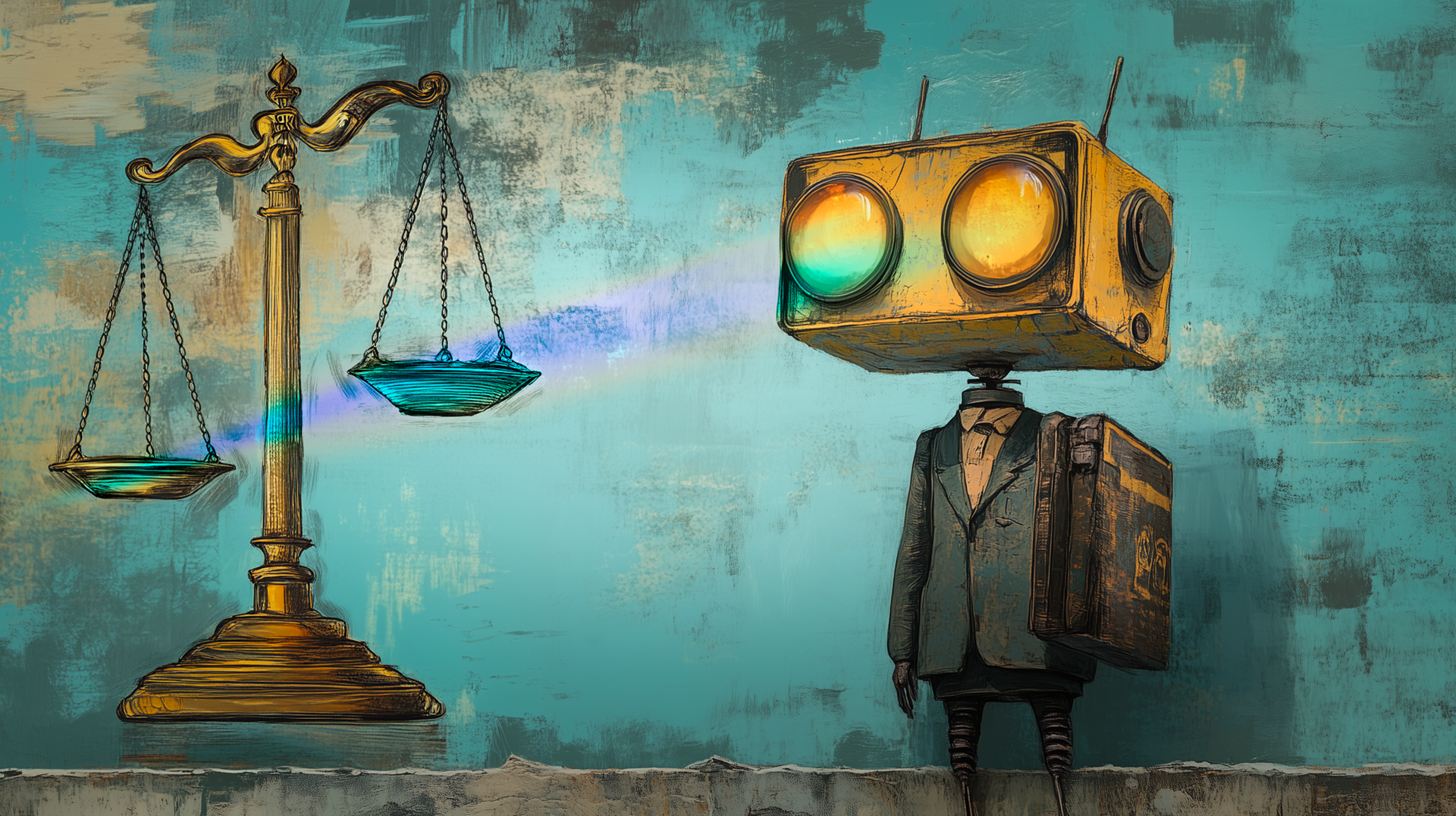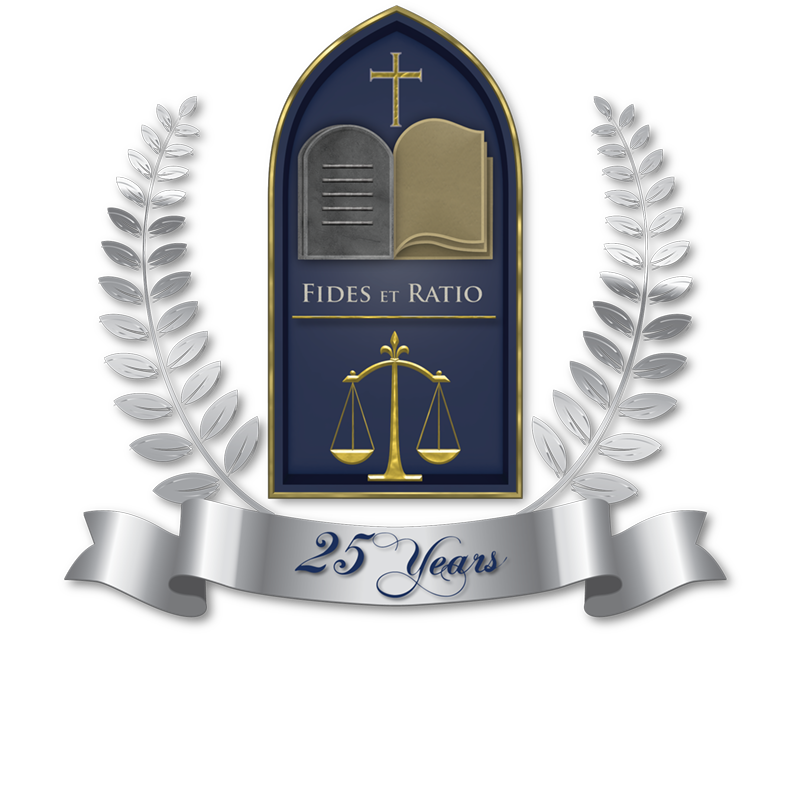Artificial Intelligence:
The Media’s Latest and Greatest Industry Disruptor

By Isabella Askar,
The Gavel, Associate Editor
J.D. Candidate, Class of 2024
Some of the entertainment industry’s most iconic Blockbuster films like Terminator and Wall-E seem less attenuated from reality the more artificial intelligence continues to transform major industries. Whether it be the creation of algorithms to construe songs in the voice of famous musicians or writing screenplays, artificial intelligence has proven itself indispensable to the entertainment industry.1 Because artificial intelligence is here to stay, celebrities, multi-media conglomerates, and the entertainment industry as a whole must adapt to cutting edge technology and work with it rather than fight against it.
The unchartered territory with artificial intelligence in media has led to undesirable consequences and litigation for content creators. As such, this begs the need for adapting to these technological advancements as a means of being proactive rather than reactive. One notable recent case involving the much talked about ChatGPT is comedian Sarah Silverman’s case against OpenAI, an artificial intelligence research laboratory.2 Silverman, and two other authors suing OpenAI in this lawsuit, Christopher Golden and Richard Kadrey, are each authors of their own respective books. Collectively, these authors have come together for their copyright infringement concerns with OpenAi.3
Pursuant to their lawsuit, the Plaintiffs allege that OpenAI’s ChatGPT’s language model, which is trained using collections of writings from various datasets, includes a dataset that contains Plaintiffs’ books.4 The Plaintiffs claim that OpenAI infringed against their exclusive copyrights to their respective texts under 17 U.S.C. § 106.5 Similar lawsuits have been filed against other major companies using artificial intelligence, like Google and Microsoft.6 In response to these copyright infringement allegations, artificial intelligence companies allege that authors are failing to demonstrate that the artificial intelligence output is similar enough to prove copyright infringement.7 Collectively, these lawsuits demonstrate a plausible concern: whether original authors can in fact prove that artificial intelligence is committing copyright infringement Lawsuits like these will only continue to rise with the development of artificial intelligence, which creates the need for the entertainment industry to adapt to artificial intelligence.
It is arguable that it will take much time before film producers can resort to artificial intelligence platforms for truly producible screenplays. According to Professor Paul Goldstein, an intellectual property law expert at Stanford Law, artificial intelligence has yet to reach such heights for screenplays.8 However, already, artificial intelligence is extensively used in video game production reword this sentence a bit reads a bit awkwardly.9 The overall threat to those in the entertainment industry, Goldstein explained, is economic in nature.10 For writers specifically, they “fear that the new technology will reduce their employment opportunities to the occasional rewrite of machine-produced scripts.”11
The U.S. Copyright Office however, issued a notice of inquiry regarding copyright and artificial intelligence.12 The study conducted by the Office is intended to evaluate “the copyright law and policy issues raised by generative AI and is assessing whether legislative or regulatory steps are warranted.”13 Although this is a step in the right direction for the entertainment industry, Goldstein stated that he would not “begin to look for definitive legislation until three to five years from the Office’s report, at the earliest.”14 Legislative action will progressively continue to assist celebrities, media companies and the like to adapt to the changes brought forth by artificial intelligence. This industry disruptor will only continue to grow, and as such, the media at large should work with these changes rather than fight against the inevitable.
References:
1 Prajapati, Siddhika, 6 Applications of AI in Entertainment Industry, ANALYTIC STEPS (Oct. 28, 2021), https://www.analyticssteps.com/blogs/6-applications-ai-entertainment-industry.
2 Silverman v. OpenAI, Inc. et al, No. 3 :23-cv-03416 (N.D. Cal. Filed Jul. 7, 2023), ECF 1.
3 Id.
4 Id.
5 17 U.S.C. § 106.
6 Brittain, Blake, OpenAI asks court to trim authors’ copyright lawsuits, REUTERS (Aug. 29, 2023), https://www.reuters.com/legal/litigation/openai-asks-court-trim-authors-copyright-lawsuits-2023-08-29/.
7 Id.
8 Goldstein, Paul, The Writers’ Strike Four Months In: Standford’s Paul Goldstein on Artificial Intelligence and the Creative Process, SLS BLOGS (Sep. 5, 2023), https://law.stanford.edu/2023/09/05/the-writers-strike-four-months-in-stanfords-paul-goldstein-on-artificial-intelligence-and-the-creative-process/.
9 Id.
10 Id.
11 Id.
12 Copyright Office Issues Notice of Inquiry on Copyright and Artificial Intelligence, COPYRIGHT.GOV (Aug. 39, 2023), https://www.copyright.gov/newsnet/2023/1017.html.
13 Id.
14 Goldstein, Paul, The Writers’ Strike Four Months In: Standford’s Paul Goldstein on Artificial Intelligence and the Creative Process, SLS BLOGS (Sep. 5, 2023), https://law.stanford.edu/2023/09/05/the-writers-strike-four-months-in-stanfords-paul-goldstein-on-artificial-intelligence-and-the-creative-process/.




